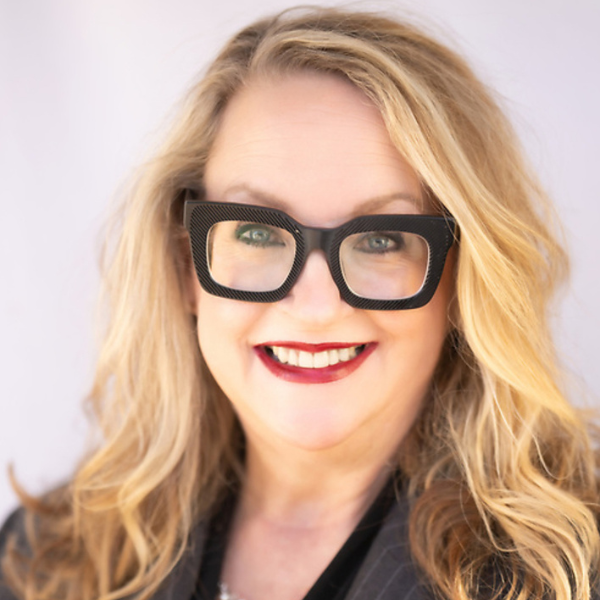I’ll never forget how I felt on October 1, 2010, when a phone call changed my life. After a routine annual “neck check” turned out to not be routine at all, I learned that I had thyroid cancer. That day, I became a member of a family of over 18 million cancer survivors in the United States.
I overshare all the time. I figure if I’m going through something, I might as well let someone else learn from it. I started sharing my diagnosis with friends, who in turn told others. And wow, did those people rally around me! Offers to drive my kids (4th and 5th grade at the time), food, gifts; people were excited to be part of my journey and to meet milestones and revel in good news. I truly felt like a “trophy patient.” And I quickly met a “scar sister,” whose surgery preceded mine by three weeks, allowing her to be an unparalleled source of information and support.
Fast forward 13½ years, I’m still here! While I still have active cancer cells (thanks to a recurrence with metastasis in 2012), I’ve been stable since 2013. I had a squamous cell carcinoma removed from my left eyebrow in 2019, so I’ve now got two very visible scars to show for my three diagnoses.
How does my story tie to the title, “Your cancer journey is yours”? Because YOU don’t have to overshare, or even share. YOU don’t have to be, as a friend experiencing a recurrence put it, “everyone’s inspiring cancer patient.” YOU don’t have to do blog posts, appear in videos or be in support groups. YOU don’t have to wear a ribbon or dye your hair pink or teal or whatever your cancer color is. As my kids say, “YOU do you.” Many of us feel tremendous support from the community of people who’ve faced cancer, but it’s your choice whether and with whom to share your experience.
The National Cancer Institute defines a survivor: “An individual is considered a cancer survivor from the time of diagnosis through the balance of life. There are many types of survivors, including those living with cancer and those free of cancer.” That’s the one thing I want you to take away from this post: YOU ARE A SURVIVOR. Whether you’re newly diagnosed or have been living with or beyond cancer for years, YOU are a survivor. Survivorship is on your terms, whether you shout it from the rooftops or keep it a secret.
If you’ve been less public with your cancer journey and would like to connect with others like you, here are some options for connection:
- PEN’s Empowerment Leads: these wonderful volunteers are the heart of our efforts to connect survivors with support.
- PEN’s partner organizations that offer survivor support
- For support related to your exact diagnosis, visit PEN’s web site, which shares resources by cancer type.
- Please feel free to reach out to me at tracy@powerfulpatients.org. It would be my honor to help you find your people.
I never thought anything would mean more to me than the support I got from fellow survivors. I was wrong. Being that survivor is the most meaningful experience, and it’s why I am honored to lead the Patient Empowerment Network.
Tracy Rode is the Executive Director of Patient Empowerment Network. Learn more about Tracy here.




